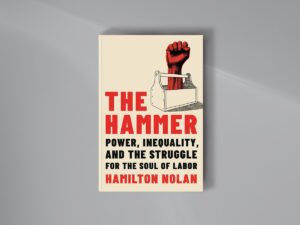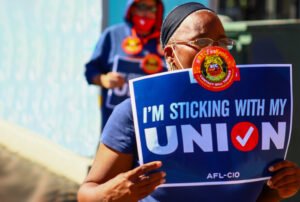November 5, 2010; Source: LifeNews | According to several reports, Dick Armey's nonprofit, FreedomWorks—a promoter of the Tea Party movement—has a distinctive analysis about why some Tea Party candidates won and why some lost on November 2.
Candidates like Colorado's Ken Buck lost, according to FreedomWorks, because of their emphasis on social issues such as opposition to abortion rights. The CEO of FreedomWorks, Matt Kibbe, told the Washington Post, "Social issues have distracted and proven divisive in close races—like Ken Buck in Colorado." The libertarian FreedomWorks executive suggested that Buck and others would have been better off sticking to "the strength of the movement [which] is the focus on fiscal issues, which tend to be a uniting factor among a vast majority of Americans."
Already the infighting among the conservative victors has started. The National Review's Ramesh Ponnuru challenged Kibbe by pointing out that West Virginia's John Raese lost despite his libertarian opposition to the minimum wage and Sharron Angle lost to Harry Reid in Nevada despite attacking Social Security and Medicare. Their extreme libertarian positions didn't help them any more than Buck's social positions helped him.
Sign up for our free newsletters
Subscribe to NPQ's newsletters to have our top stories delivered directly to your inbox.
By signing up, you agree to our privacy policy and terms of use, and to receive messages from NPQ and our partners.
The attacks on the nonprofit FreedomWorks shouldn't come as a surprise. There was already an underlying tension between many Tea Party people and Dick Armey. Many viewed the former Texas Congressman as too domineering and too connected to the inchoate establishment they opposed so vociferously. In the inevitable struggle for ownership of the message of the Tea Party electoral wave, FreedomWorks would push toward a libertarian interpretation.
The ensuing debate will be borne out in what the Tea Party class does when it takes office in the 112th United States Congress next year. Will they push to chop off the extremities and other body parts of government, as good libertarians like Armey and Kibbe might, or will they come to see government as relatively impenetrable and therefore shift to the promotion of a conservative social agenda?—Rick Cohen













